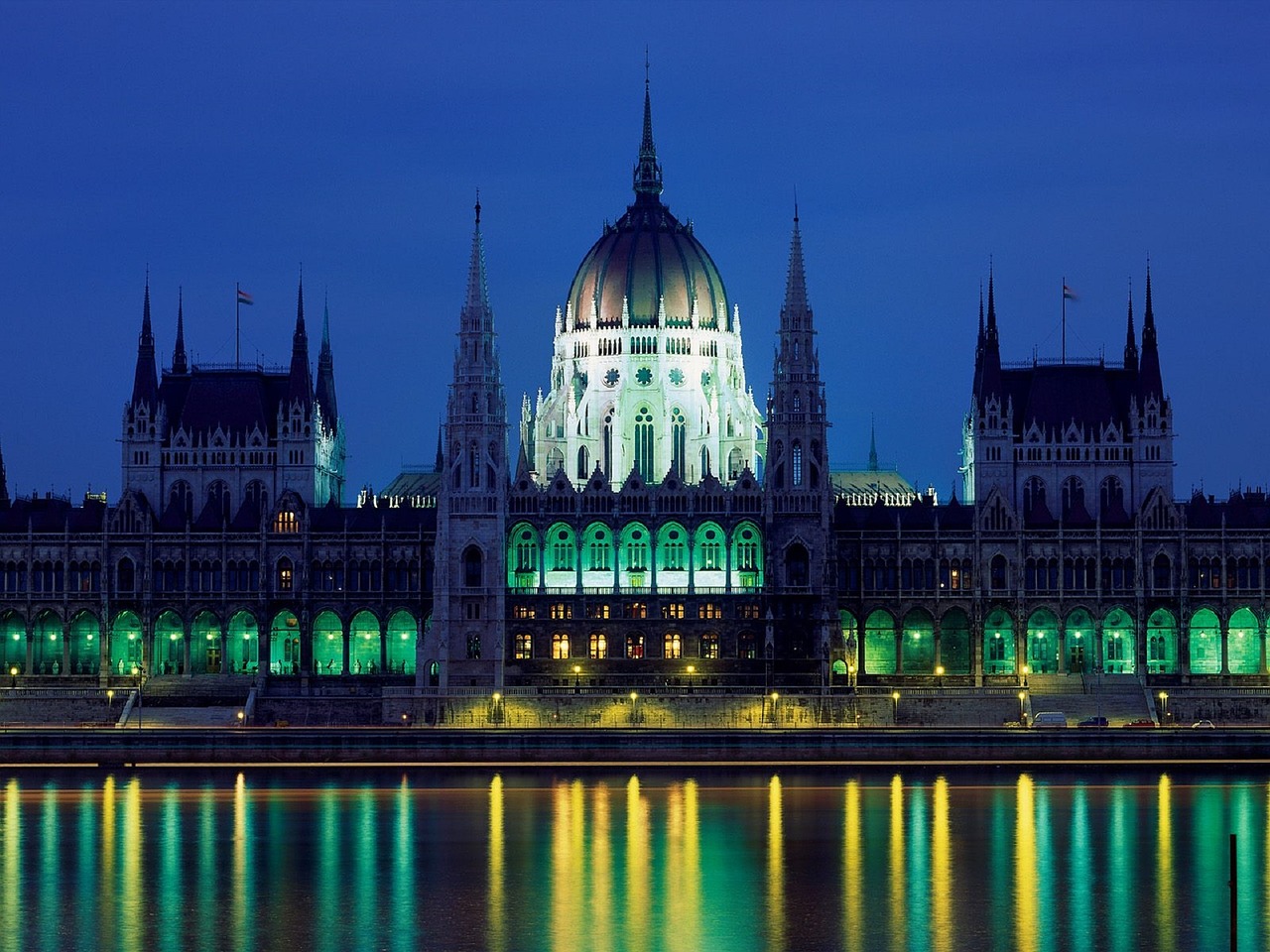A Better Political System

“Democracy is the worst form of government, except for all the others that have been tried.” ~Winston Churchill
With all due respect to Churchill, that’s not quite correct. Democracy may be better than other present day systems, but a system once existed that led its people to world naval dominance, a culture that remains greatly admired today, and unbroken continuity of government and society over many hundreds of years.
I’m talking about the Venetian Republic, which would have likely continued to this day except for underestimating Napoleon. It governed an area roughly the size of present-day Italy (including parts of Italy), and had some unique features; features that I advocate be incorporated into a Celebration Society (Note: the following is a simplified view of a complex system):
Citizen as an office. Only Citizens could participate in the Venetian government, and the Parliament consisted of Citizens selected by lottery for single, staggered terms of office. (This simple measure is believed to greatly reduce the influence of money on politics, as well as effectively preventing the fractionation of the populace into political parties.)
(Note: Citizen was long an office potentially available to all Venetian residents. Towards the end of its republic, Venice made Citizen a hereditary office. This was arguably a fatal mistake: newer and more worldly residents, newly made Citizens, might have better appreciated the threat of Napoleon and helped the nation prepare to resist him.)
Leadership by unpaid, successful volunteers who renounced business dealings during office. The nation was run by a group of Ministers, appointed by and accountable to Parliament. Each minister held a portfolio, similar to how this works in present day parliamentary systems. However, they were appointed and could be fired by Parliament, not by a Prime Minister–for there was none. An even number of Ministers would always be maintained. Together, the Ministers would vote to decide matters extending beyond individual portfolios.
The Doge Venice lacked a strong, central leader. Authoritarianism was therefore structurally impossible. The titular leader was the Doge, ordinarily the most revered man in the whole nation. He was an exemplar of virtue, and this was the source of his authority. The only power the Doge held was breaking tie votes of the assembled Ministers. He epitomized the concept of great influence and little power. I propose the same for a meritocratic royalty (NOT a monarchy in any respect).
Other novel ideas. The Venetians had some other, brilliant, ideas. For example, anyone could file charges alleging that a crime had been committed. These charges were secret but not anonymous. The complainant needed to file the charges in writing, witnessed by a Citizen.
If the court later found that the charges had been filed without reasonable cause and maliciously, it would apply the penalties against the person who filed the charges. This, presumably, kept such abuse of process to a minimum.
My knowledge of the Venetian system is superficial, having arisen from a three hour conversation with a Venetian tour guide and supplemented by my own research. I strongly suspect that other novelties and superior ideas from the Venetian Republic await rediscovery, and possible deployment in a Celebration Society.
Democracy can devolve into mob rule, as recognized by the US Founders, who specifically designed a constitutional republic with democratic elements for this reason. Democracy has a soft underbelly: the demagogue. Democracy gave Germany Hitler. It gave Italy Mussolini. Many would argue that it gave Russia a demagogue named Putin. It may well yield other demagogues in the years ahead.
What, then of other systems now practiced? In my view, the most notable is China’s, which is called Communist. Actually, based on its mode of operation, it now has elements of oligarchy, fascism (in the generic sense, which need not include demonization of minorities), and traditional Chinese meritocracy. None of Karl Marx’s model appears to have survived Deng Hsiao Peng (famous for saying, “It doesn’t matter if a cat is black or white, so long as it catches mice”) and his successors, culminating in Xi Jinping. It is essentially state capitalism, with limited private ownership allowed.
Many Chinese seem to prefer their system to democracy. However, it’s impossible to know actual sentiment, since dissent and publication are so heavily controlled. While the US has recently taken a position of advocating democracy worldwide, it has in past overthrown democratically elected governments deemed antithetical to US interests (e.g. Mohammad Mosaddegh, former leader of Iran).
Excepting the Nordic governments, certain former British colonies and Iceland, most nations practicing democracy seem to view it as a transactional model chosen for its utility, rather than as some inherently sacred set of values.
Regardless of one’s view of democracy, it therefore seems entirely possible that the result of the present US election will cause much of the world to decide that democracy isn’t such a great idea. What, then, will they consider as alternatives to replace authoritarian systems?
Celebrationism limits democracy to the Citizen Initiative and Parliamentary voting, while also limiting the vesting of power to prevent demagogues. Perhaps it will become the alternative people are seeking.
